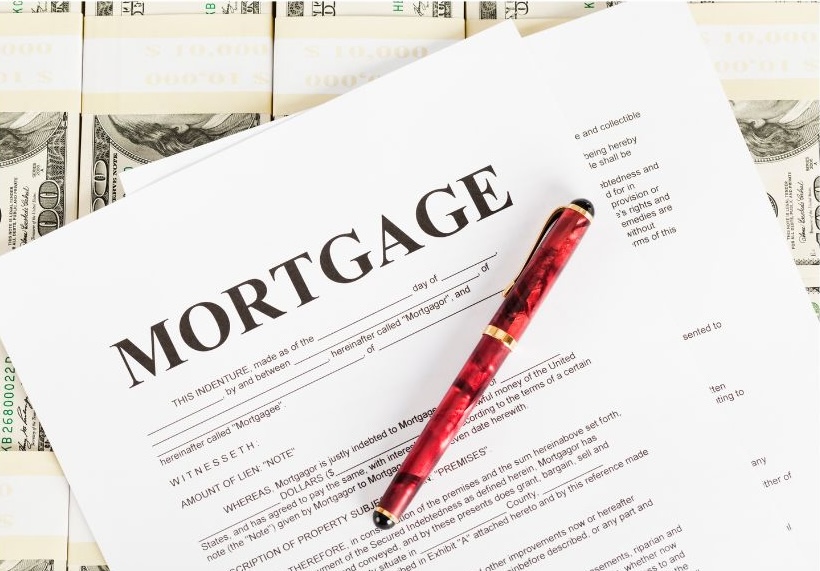Investing in real estate during an economic downturn can be both challenging and rewarding. Economic downturns often create unique opportunities for savvy investors willing to navigate the complexities of the market. Here’s a detailed guide on how to successfully invest in real estate during tough economic times.
1. Understand the Market Conditions
Before making any investment, it’s crucial to understand the current market conditions and how they are influenced by the economic downturn.
- Market Analysis: Conduct thorough research on the local real estate market. Look for trends in property prices, rental rates, and vacancy rates.
- Economic Indicators: Monitor key economic indicators such as unemployment rates, GDP growth, and interest rates to gauge the overall economic climate.
- Historical Data: Review historical data from previous economic downturns to identify patterns and potential opportunities.
2. Identify the Right Type of Investment
Different types of real estate investments may offer varying levels of risk and return during an economic downturn.
- Residential Properties: Single-family homes, multi-family units, and rental properties can provide stable rental income, especially in high-demand areas.
- Commercial Properties: Office spaces, retail stores, and industrial properties may face higher risks due to business closures and reduced demand. Focus on properties with long-term, stable tenants.
- Distressed Properties: Foreclosures and short sales often become more prevalent during economic downturns, presenting opportunities to purchase properties at a discount.

3. Secure Financing
Economic downturns can affect access to financing, making it important to explore all available options.
- Traditional Loans: Banks may tighten lending standards, so having a strong credit score and financial history is crucial.
- Private Lenders: Consider alternative financing through private lenders, who may be more flexible in their lending criteria.
- Government Programs: Look for government-backed loan programs and incentives designed to stimulate the housing market during economic downturns.

4. Assess Risk and Return
Carefully assess the risks and potential returns associated with your real estate investment.
- Cash Flow: Focus on properties that can generate positive cash flow, ensuring that rental income covers mortgage payments and other expenses.
- Appreciation Potential: Identify areas with potential for long-term property value appreciation, even if short-term prospects appear uncertain.
- Risk Mitigation: Diversify your real estate portfolio to spread risk across different types of properties and geographic locations.
5. Conduct Thorough Due Diligence
Performing due diligence is essential to avoid costly mistakes and ensure a successful investment.
- Property Inspection: Hire a professional inspector to evaluate the property’s condition and identify any potential issues.
- Market Research: Analyze the neighborhood, including factors like crime rates, school quality, and future development plans.
- Financial Analysis: Calculate all associated costs, including maintenance, property taxes, and insurance, to ensure the investment aligns with your financial goals.

6. Leverage Technology and Data
Utilize technology and data to make informed investment decisions.
- Real Estate Platforms: Use online real estate platforms to access property listings, market data, and investment analysis tools.
- Data Analytics: Employ data analytics to identify trends, forecast market movements, and evaluate investment opportunities.
- Virtual Tours: Take advantage of virtual tours and remote inspections to assess properties without the need for physical visits.

7. Build a Strong Network
Building a strong network of professionals can provide valuable insights and support during an economic downturn.
- Real Estate Agents: Work with experienced real estate agents who understand the local market and can help identify opportunities.
- Financial Advisors: Consult with financial advisors to ensure your investment strategy aligns with your overall financial plan.
- Property Managers: Partner with reputable property managers to handle the day-to-day operations of your investment properties.

8. Be Prepared for the Long Term
Real estate investments during economic downturns may require a longer-term perspective to realize substantial returns.
- Patience: Be prepared for potential market volatility and the possibility of slower property appreciation.
- Flexibility: Stay flexible and be willing to adjust your investment strategy as market conditions evolve.
- Resilience: Maintain financial reserves to cover unexpected expenses and vacancies, ensuring your investment remains viable through economic fluctuations.
9. Capitalize on Opportunities
Economic downturns can create unique opportunities for real estate investors.
- Negotiation Power: Take advantage of increased negotiation power due to lower demand and motivated sellers.
- Undervalued Properties: Look for undervalued properties that can be acquired at a discount and have potential for future appreciation.
- Improvement Projects: Invest in properties that require renovation or improvement, allowing you to add value and increase rental income or resale value.

If you are looking to buy your dream home or sell your existing house in Sacramento feel free to get in touch with us today!

Conclusion
Investing in real estate during an economic downturn requires careful planning, thorough research, and a strategic approach. By understanding market conditions, securing appropriate financing, and conducting diligent assessments, you can capitalize on unique opportunities and build a resilient real estate portfolio. With patience and flexibility, you can navigate the challenges of an economic downturn and achieve long-term success in real estate investing.




